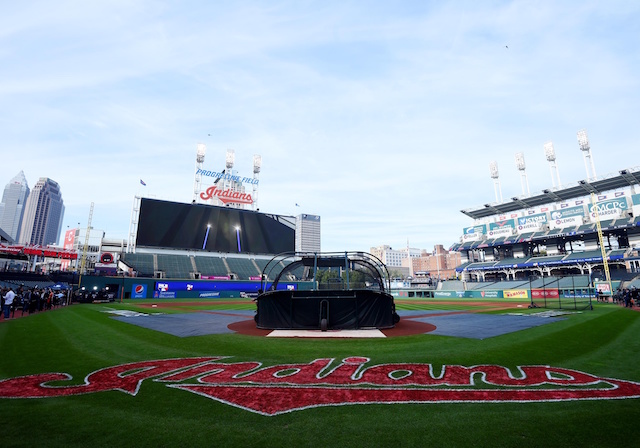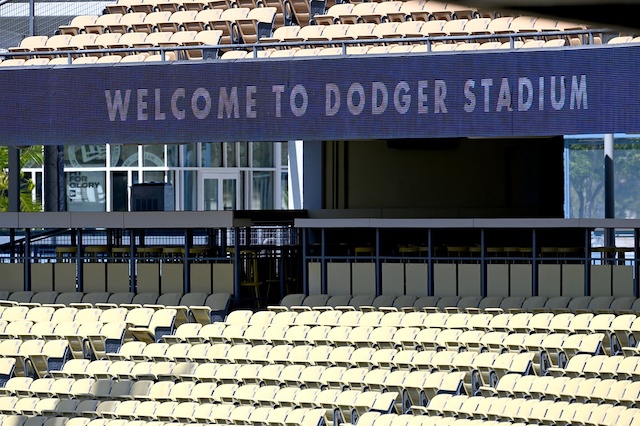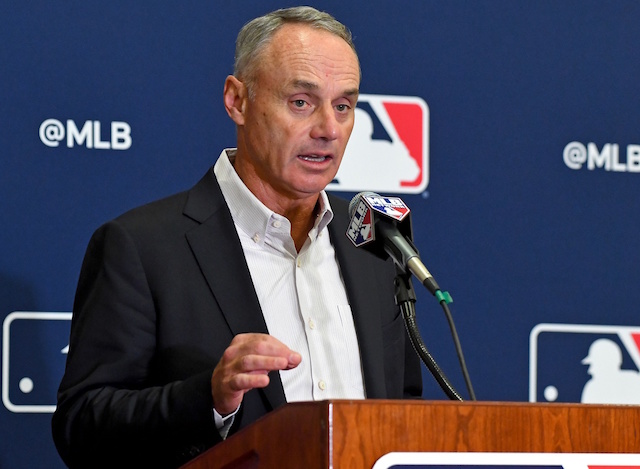Major League Baseball and the Cleveland Indians announced Friday morning that Progressive Field and will play host to the 2019 MLB All-Star game. It will mark the sixth time that the Indians have hosted the Midsummer Classic, which is more than any other franchise.
Cleveland last hosted the All-Star Game in 1997, when Indians catcher Sandy Alomar hit a two-run home run to help the American League defeat the National League, 3-1. That the 2019 All-Star Game would be awarded to an AL team was predictable given recent history.
With the Indians set to host the event, it will end a run of four straight years that the Midsummer Classic was played at an NL park. The last AL team to host was the Minnesota Twins in 2014 at Target Field, and since then the Cincinnati Reds and San Diego Padres have held the honor.
The All-Star Game will be played in Miami at Marlins Park this year, and in Washington D.C. at Nationals Park in 2018. For the Los Angeles Dodgers, their longest active drought continues. Dodger Stadium last hosted the All-Star Game in 1980.
Since that point, a California team has hosted the All-Star Game seven times: Angels (1989 and 2010), Padres (1992 and 2016) and San Francisco Giants (1984 and 2007).
Progressive Field opened in 1994 and can accommodate just over 35,000 fans. They have done some renovations to the park in the last few years, eliminating thousands of seats in right field and behind home plate.
The seats were replaced by a large bar and drink rails and an enclosed gathering area for season-ticket holders. Changes have have also made it easier for the field to be seen by fans who are walking the main concourse of the stadium.
The Indians in some sense benefitted from the AL winning the All-Star game last season, as they had home-field advantage against the Chicago Cubs in the World Series, although they were defeated in Game 7. That advantage will no longer be determined at the All-Star Game under the new collective bargaining agreement.
Instead, the NL and AL teams will compete for financial benefit, with the wining team earning a larger share of a pool of money. Home-field advantage in the World Series will now be awarded to the team with the better regular-season record.








